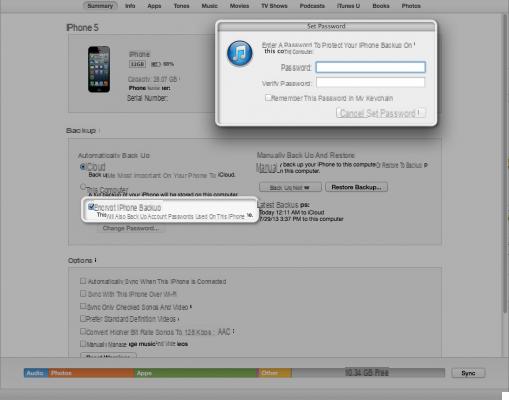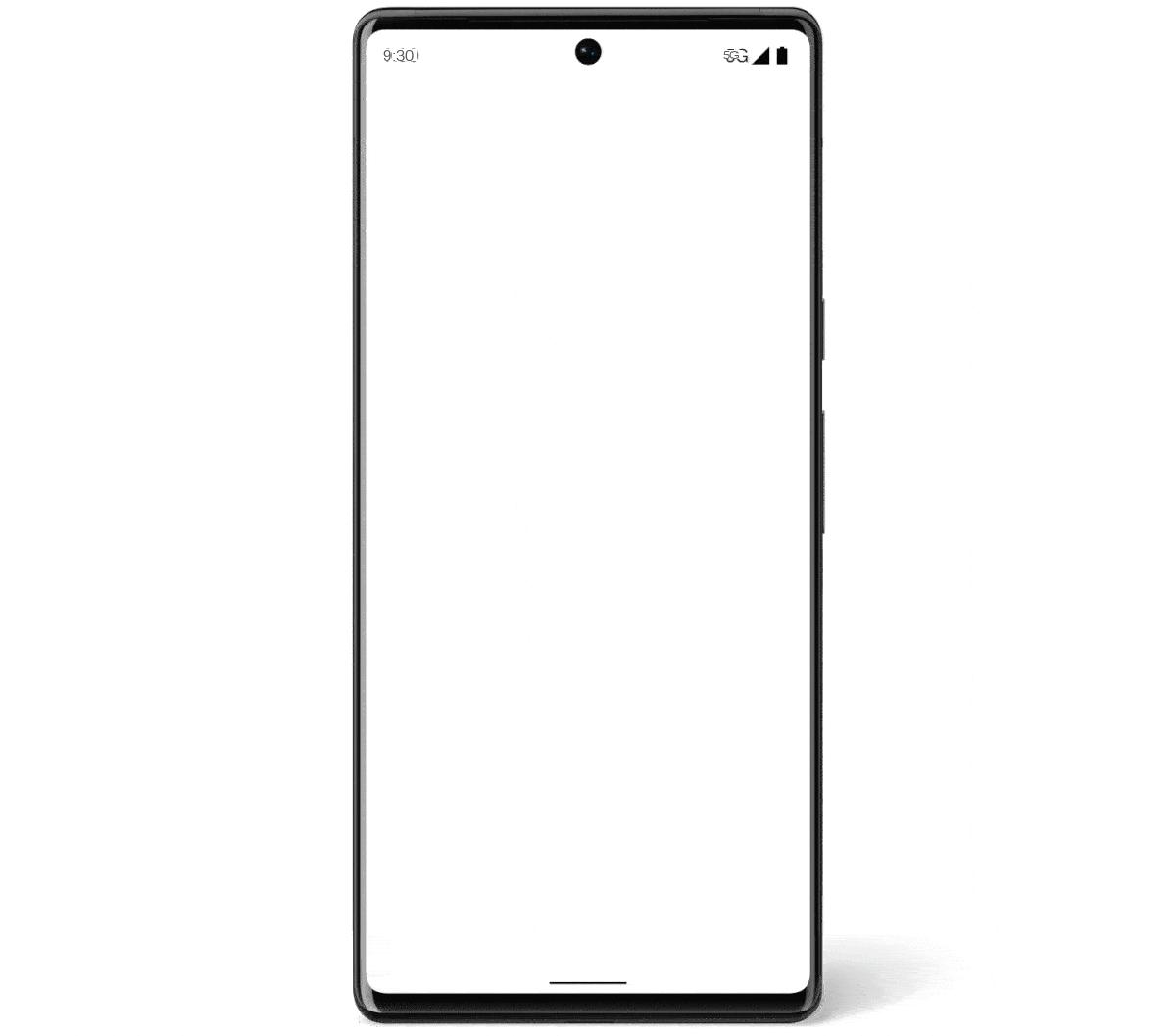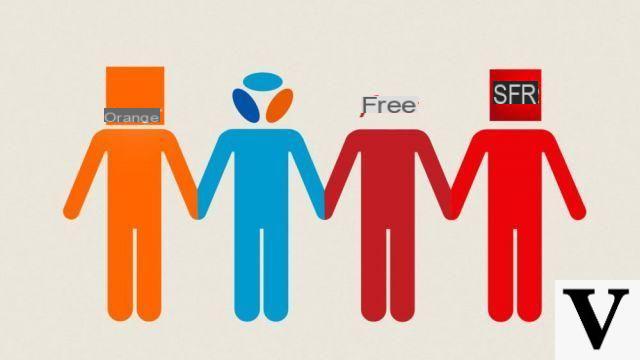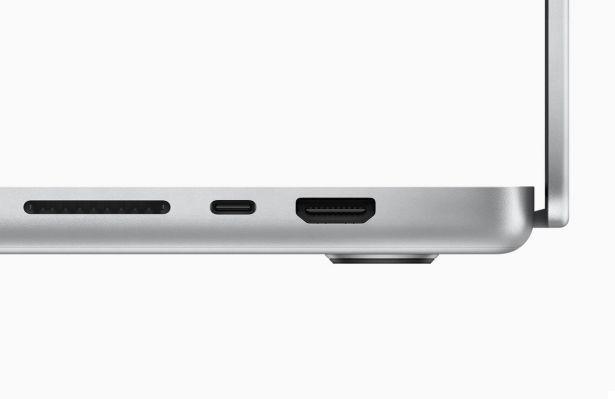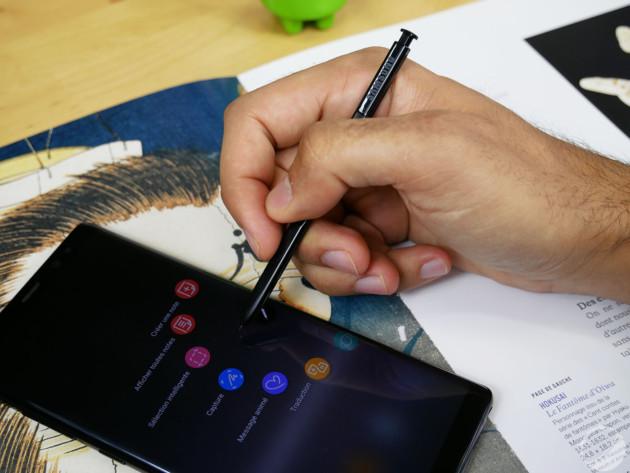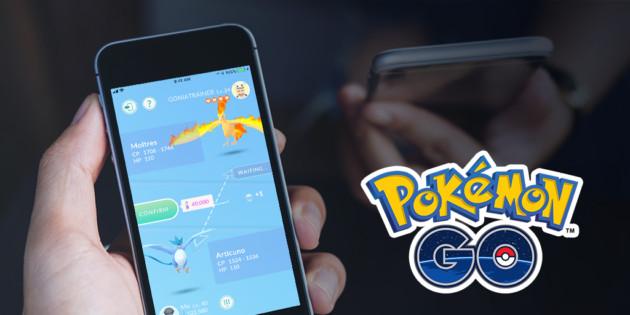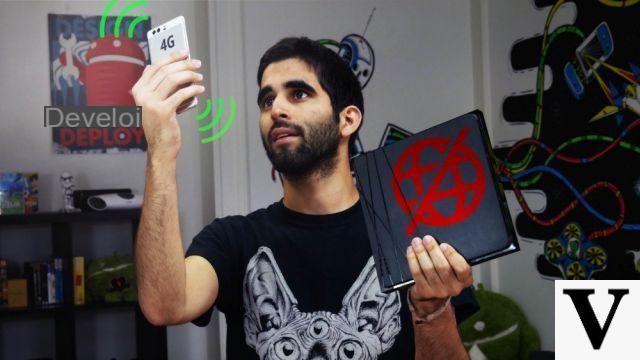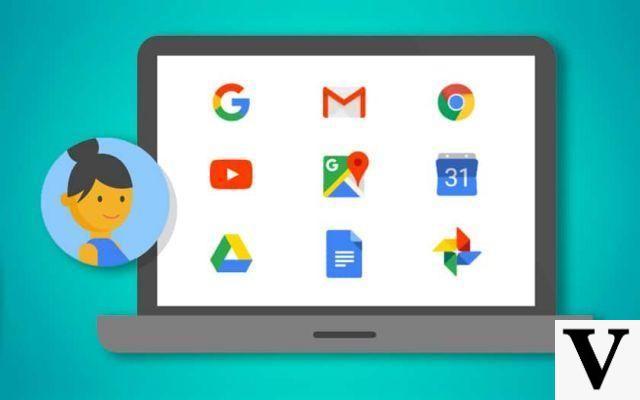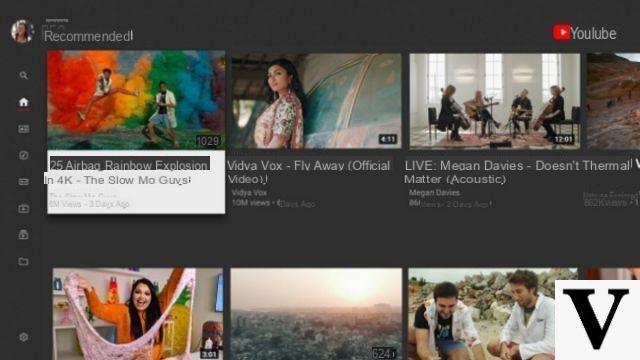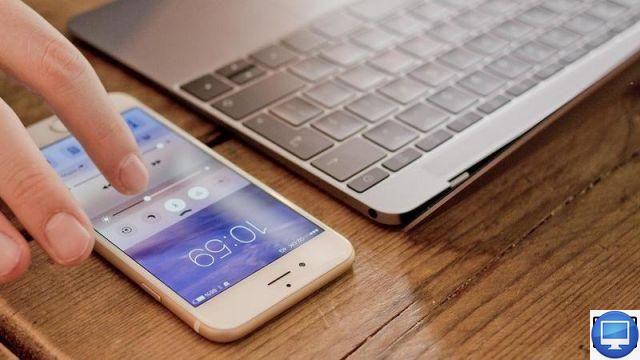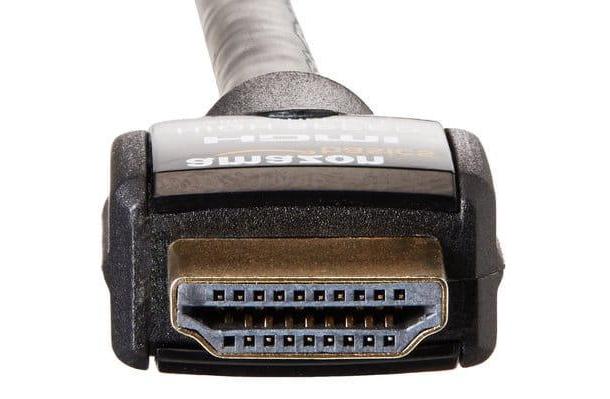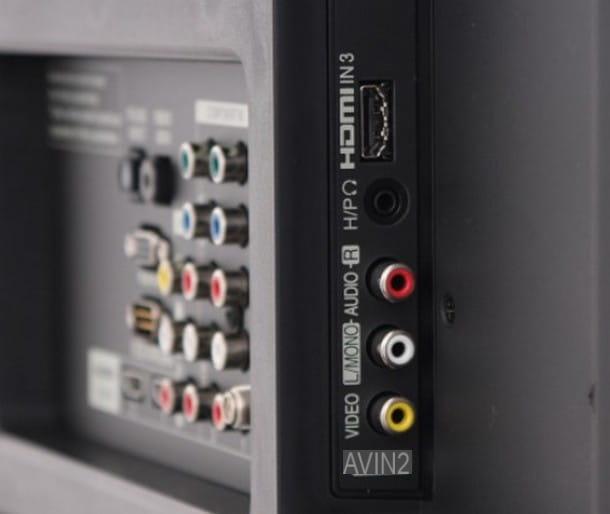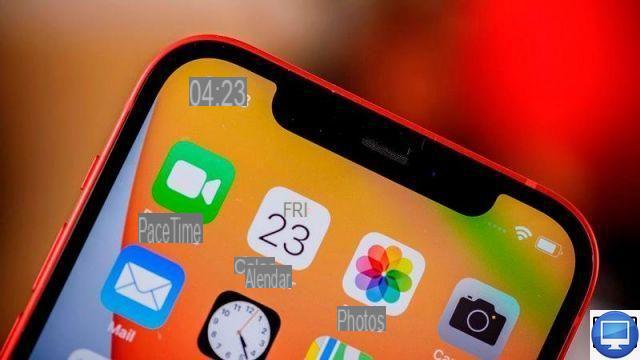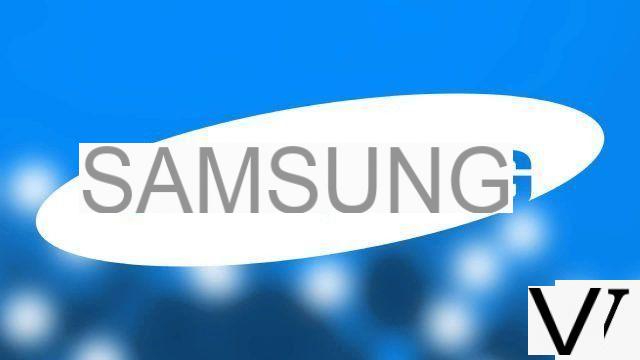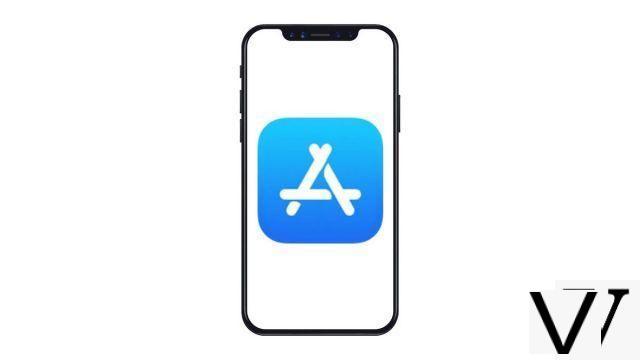Since the beginning of the year, SFR would have stopped simlocking its phones, at least Android smartphones. A practice that tends to slowly disappear among French operators. The opportunity to take stock of the locking of mobiles - the impossibility of using telephones from an operator other than the one from whom they were purchased - in Spain.
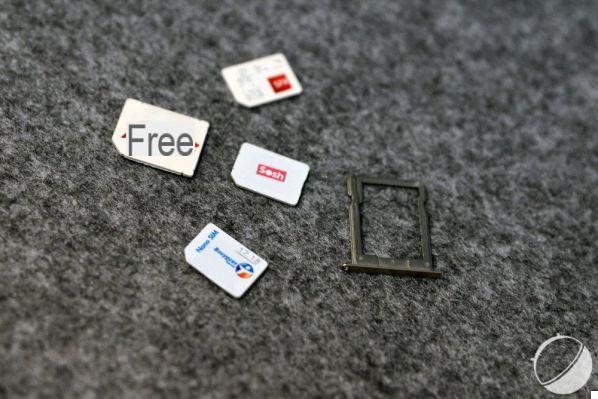
The Spanish Univers Freebox website rightly points out that SFR has no longer simlocked its phones since the start of the year. If we are to believe one of the help pages on the operator's site, the phones sold at SFR (and, we suppose, at RED) are no longer simlocked, with the exception of iPhones. From now on, non-simlocked smartphones can be recognized at SFR thanks to a specific yellow label stuck on the phone box.

What does the law say about locking phones?
We tended to forget this with the growth of the open market, that is to say smartphones bought "naked", which allows you to no longer have to unlock your mobile. But locking (or simlocking, or even blocking) smartphones is still a fairly common practice among operators. However, it tends to gradually disappear. The simlocking (or locking, in Spanish) of a smartphone allows an operator to block the use of SIM cards of competing operators and therefore to use their network. A practice that allowed operators to build customer loyalty at low cost under the guise of protecting customers against theft or fraud. In recent years, the price war launched by Free has encouraged Spanish consumers to regularly change networks. Operators have less and less interest in preventing them from changing SIM cards.
LEARN MORE
Price wars among operators: how do you choose the right offer for you?
Regarding this lock, the law has not changed since September 2010. As the government site reminds us, operators can still lock smartphones, but with time limits. “Article 5 of decision n ° 2005-1083 of the Electronic Communications and Postal Regulatory Authority (ARCEP) requires this operation to be free 6 months after the purchase of the terminal. On September 23, 2010, the operators who are members of the Spanish Telecoms Federation (FFT) undertook to reduce this period to 3 months at the request of the Secretary of State in charge of consumption ”.
There is an additional subtlety (article 5). These three months only apply to smartphones sold with a binding contract: “The operator has the obligation to communicate systematically and free of charge to the subscriber the procedure for deactivating this mechanism after a period of time. more equal to the duration of the possible commitment of the customer with his operator, not to in any case exceed six months [Editor's note: 3 months since September 2010] from the date of conclusion of the subscription contract ”. In the case of a non-binding contract (with Sosh, RED or Bouygues Telecom), unlocking is not subject to any minimum time. Smartphones can therefore be locked, but operators are required to unlock them as quickly as possible when requested by their customer.
Who blocks their phones, and who sells them unlocked?
Concretely, who locks and who does not lock? The operators are never very clear on the question. Here is what we know today about unlocking for French operators.
- Bouygues Telecom and B & You: Smartphones are unlocked, including iPhone.
- SFR and RED: Since the beginning of the year, Android smartphones have been unlocked.
- Orange and Sosh: The operator indicates "All our mobiles are not simlocked or unlockable". In fact, a large majority seem simlocked.
- Free Mobile : All smartphones are unlocked, including iPhones.
- NRJ Mobile: Smartphones are unlocked.





